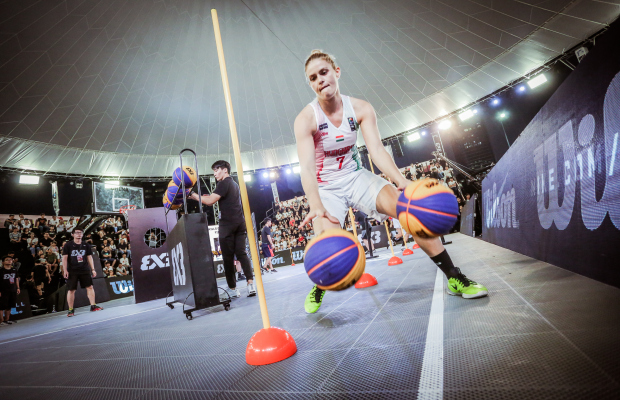Key values of professionalism include acting in the best interest of others and maintaining a certain standard and knowledge base expected of those in your specific profession. These certain standards include ethical elements such as integrity, honour, accountability, and responsibility, but also humanistic qualities such as caring, compassion, humility, and kindness. In addition, professionals need to have a social responsibility and sensitivity to other people’s culture and beliefs.
On-the-court, professionalism includes:
- Good sportsmanship
- Teamwork
- Respect for officials, coaches, and competitors
- Showing up to games and practices on time
- Honouring exercise and nutrition plans
- Learning more about the sport
Off-the-court, similar standards of professionalism apply, including:
- Honouring commitments to colleagues, advisors, sponsors, etc.
- Being honest with agents, sponsors, etc.
- Being on time for professional appointments
- Treating others – fans, sponsors, etc. – with respect
- Serving as a role model for young people
Due to the unique nature of professional sports and the average length of a basketball career, it is crucial that you are constantly working to develop your professional skills outside the sport. The steps you take to improve in each professional skill will strengthen your level of professionalism and make more positive impressions on those having contact with you. Professionalism is a quality that you can carry with you wherever life takes you and will be the key to lifelong success and a professional career post-basketball.
